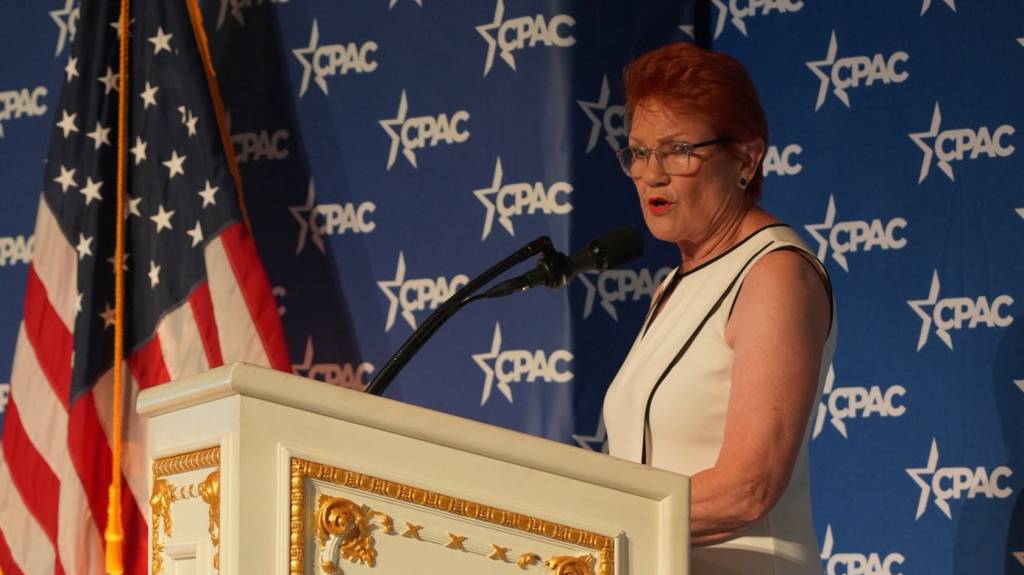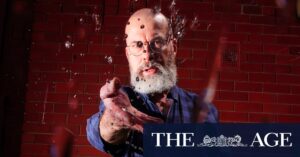
In a move that has sparked widespread controversy, Australian politician Pauline Hanson delivered a speech at Mar-a-Lago, Florida, criticizing her own country. Known for her provocative statements, Hanson addressed a far-right audience at the estate of former U.S. President Donald Trump, painting a grim picture of Australia.
Hanson, the leader of the One Nation party, is no stranger to controversy. Her speech at Mar-a-Lago included claims about Australia’s immigration policies and societal issues, which have been widely disputed. Among her assertions was the claim that Australia receives 740,000 migrants annually, a figure that experts say is significantly inflated.
One Nation’s Controversial Stance
One Nation has historically positioned itself as a party that challenges the status quo, often aligning with far-right ideologies. The party has previously sought to engage with the U.S. National Rifle Association (NRA) to discuss Australia’s gun laws, a move that was met with criticism back home.
Hanson’s speech in the U.S. is seen by many as an extension of this approach, appealing to an international audience that shares similar views on issues like immigration and national identity.
Fact-Checking Hanson’s Claims
Several of Hanson’s statements during her Mar-a-Lago address have been called into question. For instance, her claim that Australia has more homeless people than the U.S. has been debunked by experts who cite data showing the opposite. Similarly, her description of “no-go areas” in Australia due to migration has been criticized as misleading.
Australia’s actual migration intake is less than half of the 740,000 figure claimed by Hanson.
Experts argue that Hanson’s rhetoric does not accurately reflect the reality of Australia’s immigration system, which is generally considered well-managed and beneficial to the country’s economy.
Reactions and Implications
The reaction to Hanson’s speech has been mixed. While some in her audience at Mar-a-Lago may have found her message resonant, many Australians have expressed outrage at her portrayal of the country. Critics argue that such speeches damage Australia’s international reputation and undermine efforts to promote a more inclusive society.
Political analysts suggest that Hanson’s approach could further polarize Australian politics, potentially alienating moderate voters who may see her views as extreme.
Looking Ahead
As Hanson continues to push her agenda both domestically and internationally, the implications for Australian politics remain uncertain. Her speech at Mar-a-Lago is likely to be a talking point in the upcoming elections, as political parties grapple with issues of national identity and international relations.
Meanwhile, the broader conversation around immigration and multiculturalism in Australia is expected to continue, with Hanson’s controversial views serving as a catalyst for debate.







